About Centre
The East Asia Centre is dedicated to study and research the domestic and foreign policies of individual countries of the region as well as India’s multifaceted relationships with these countries. With respect to China, the Centre’s research foci are its foreign policy (particularly towards the US, Russia, Central Asia and Asia Pacific), domestic politics, economy, the People’s Liberation Army (PLA), Tibet Autonomous Region (TAR) and India’s relationship with China in all its dimensions. The Centre’s research also focuses on Taiwan, its domestic politics, Sino-Taiwanese relationship and Indo-Taiwanese relationship, Hong Kong and India-Hong Kong relations. Japan and Korea are the other major focus of the Centre, with its research focused on their domestic politics, foreign policy and comprehensive bilateral relationships with India. The geopolitics of the Asia Pacific and the Korean peninsula are also studied in the Centre. The Centre brings out the bimonthly newsletter - East Asia Monitor - on China, Japan and the Korean Peninsula.
The Centre brings out bimonthly newsletter - East Asia Monitor - on China, Japan and the Korean Peninsula.
Members
-
Research Fellow
-
Associate Fellow
-
Associate Fellow
-
Research Analyst
-
Research Analyst
Events
Monday Morning Meeting on Debates on US-China Science and Technology Agreements
Members
-
Research Fellow
-
Associate Fellow
-
Associate Fellow
-
Research Analyst
-
Research Analyst
















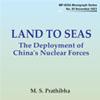
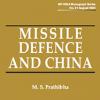
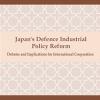
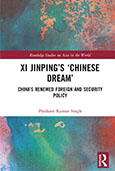
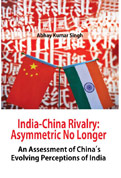




Emperor Naruhito’s Visits to Indonesia and the UK in Context
Emperor Naruhito’s Visits to Indonesia and the UK in Context